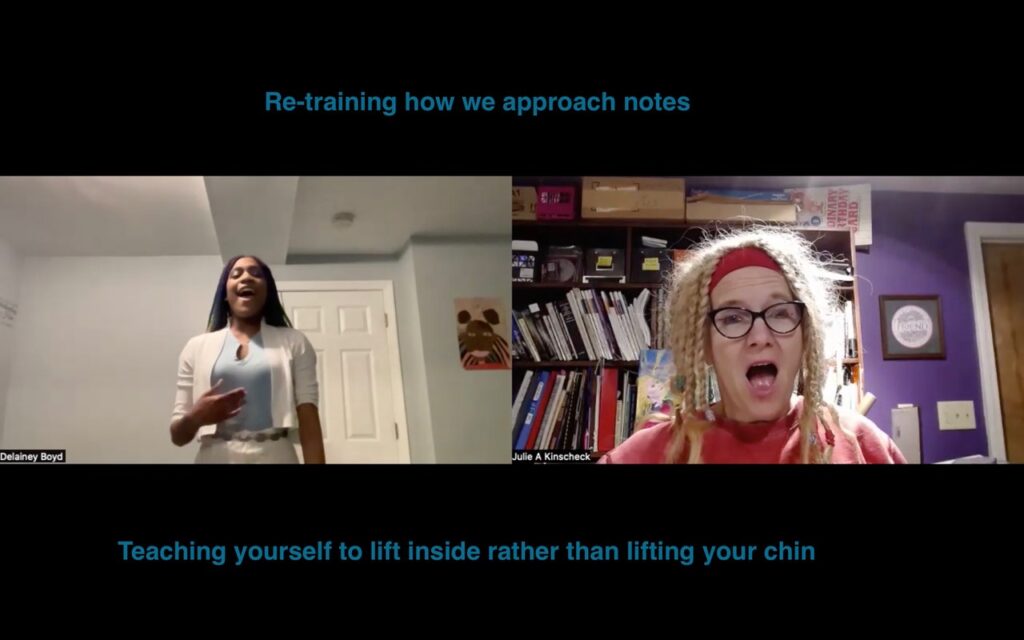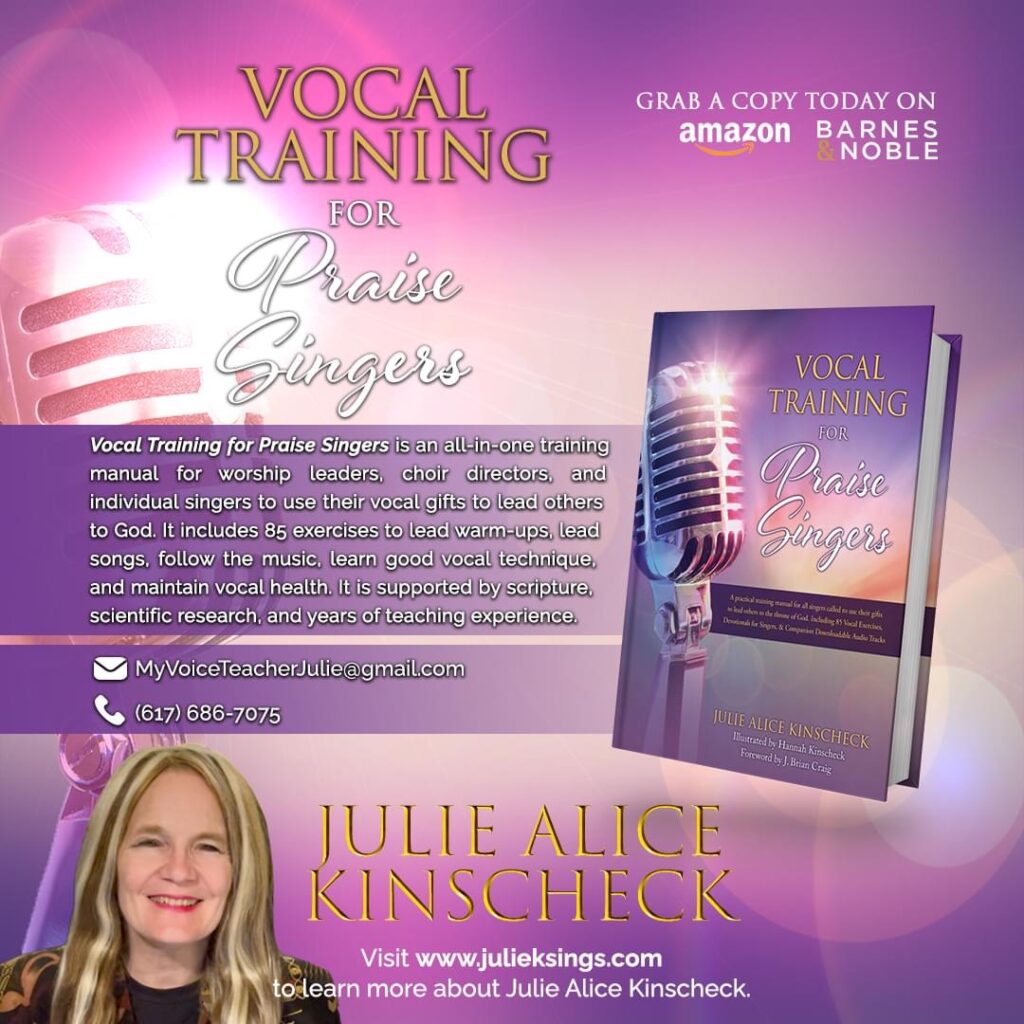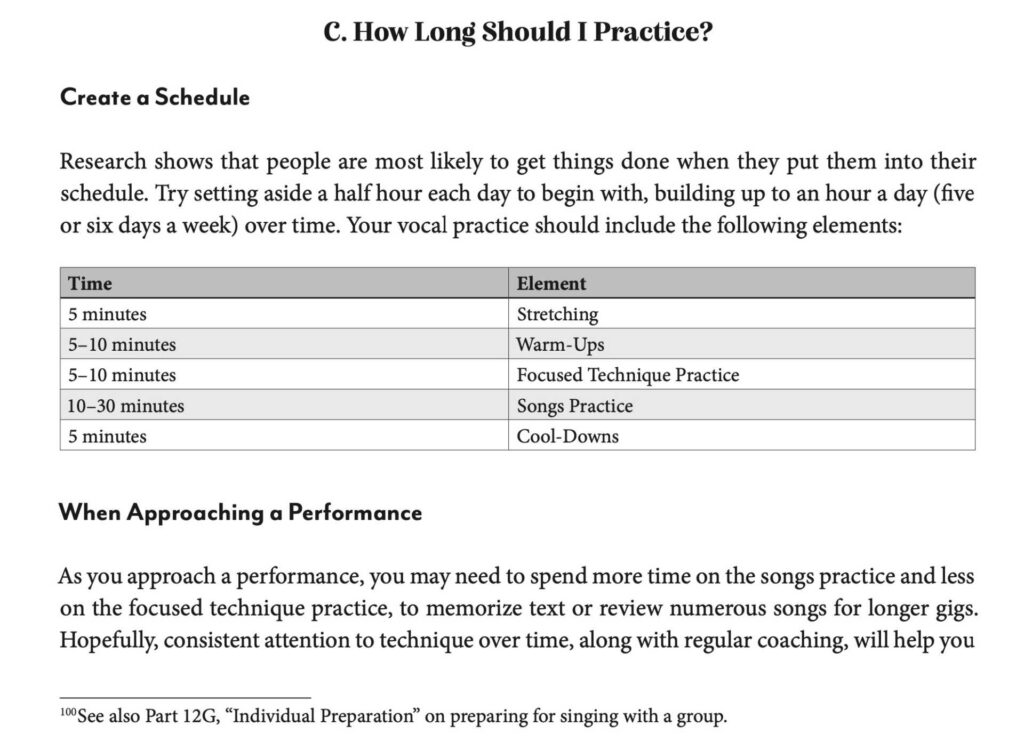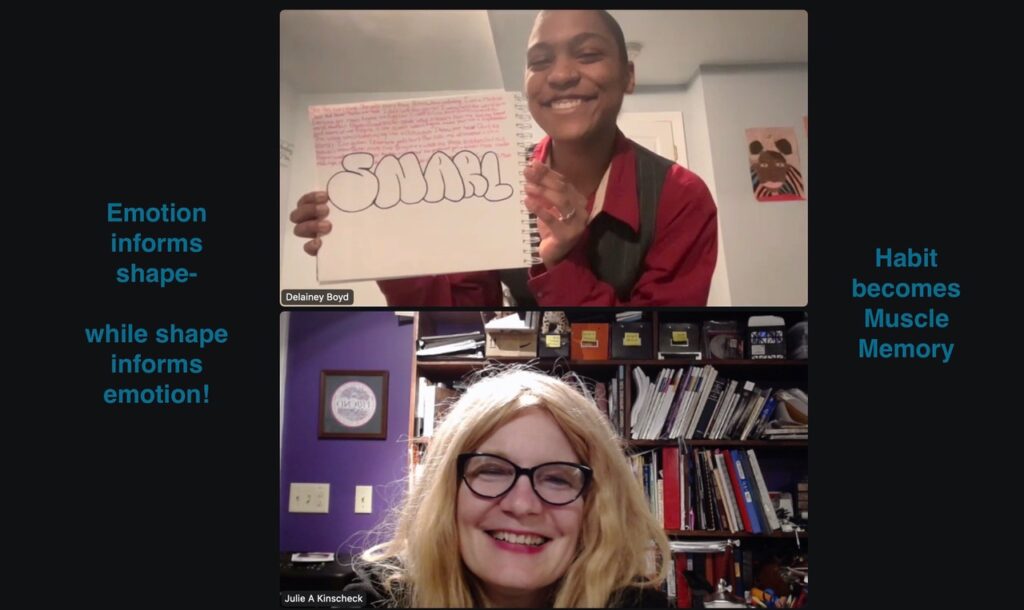
First- a Story: We are Fearfully and Wonderfully Made!
In order for our heart and lungs to work automatically (and so many other systems), God has wired our brains to direct many operations without our conscious directs. Through complicated neural pathways, messages are sent to every organ and muscle in our bodies- including our vocal cords. Do you think about how to form the letter
V” when you say “Vocal cords?” Not unless your native language doesn’t have that sound. But once you have learned how to make the sound, over time, it becomes second nature and you no longer have to think about it. Through practice, you have forged a new neural pathway.
We had a leak under our sink from a faulty garbage disposal last fall. I had to make room for a bucket under the kitchen sink so I took out the garbage can and set it out against the cupboards. It is now March and almost every time I need to scrape some leftover food from a plate or throw away a napkin, I first reach for the doors to open up the cupboard under the sink before I stop myself, turn around and drop whatever it was into the trash. My muscle memory is so well trained after 19 years of the trash being under the sink that it is taking a lot of repetition to re-wire me to not open that cupboard all the time! Actually, after 6 months, I still catch myself wanting to open the cupboard, but I don’t do it all the time anymore. I am forging a new neural pathway.
Reinforcing Muscle Memory in Singing: The Key to Vocal Mastery
Have you ever wondered how some singers seem to effortlessly hit every note, with perfect pitch and control? It’s not just natural talent or luck; it’s the result of hours of practice and the development of muscle memory. Muscle memory is the ability of our muscles to remember and repeat specific movements without conscious effort. In singing, it plays a crucial role in achieving consistent and accurate vocal performance.

Delainey is a fantastically talented young singer. I was blessed to coach her through leading roles in Phantom of the Opera, Mean Girls and sing at large worship events in church and help her get into a musical theatre program for college. But her success so far has not come without effort. She diligently practiced the things we did in lessons to create habits; these habits led to her voice remembering how to do things with freedom, power and beauty.
Mahdi (having fun in the first picture above) is an online student of mine from Iran who is one of the hardest working aspiring vocalists I know. He has put many hours into re-training his vocal patterns to create the on pitch, flexible and powerful sounds he strives for.
So, how can you reinforce muscle memory in singing? Here are some tips to help you on your journey to vocal mastery:
1. Establish a Solid Foundation:
Before diving into complex vocal exercises, it’s important to establish a solid foundation. This includes correct posture, proper breathing technique, and vocal warm-ups. By focusing on these fundamentals, you’ll develop a strong base for your vocal muscles to work from.
I use my book, Vocal Training for Praise Singers, with all my adult students, worship teams and vocal workshop participants to teach the fundamentals of how your voice works, how do you breathe, how to navigate registers and so much more.

2. Practice Regularly:
Consistency is key when it comes to reinforcing muscle memory. Set aside dedicated practice time each day to work on your vocal exercises and repertoire. Even short, focused practice sessions can make a significant difference in strengthening your muscle memory over time.
Here is handy chart to help you get organized to have effective practicing:

This was a snatch from Part 14 in my book.
3. Break it Down:
When learning a new song or vocal technique, break it down into smaller, manageable parts. Focus on mastering one section at a time before moving on to the next. By breaking it down, you’ll give your muscles the opportunity to learn and remember each individual movement more effectively.
4. Use Visualizations:
Visualizations can be a powerful tool in reinforcing muscle memory. Imagine the desired sound and physical sensations associated with it. Visualize your vocal cords, breath support, and facial muscles working together harmoniously. This mental imagery can help your muscles remember the correct movements and improve your overall singing performance.

5. Embrace Repetition:
Repetition is the key to reinforcing muscle memory. Practice the same vocal exercises and songs consistently to allow your muscles to internalize the movements. As you repeat these exercises, your muscles will become more accustomed to the desired movements, resulting in improved muscle memory and control.

Brandon, above, is an aspiring recording artist; he has written some great songs but realized he could grow in his vocal technique. I am so proud of how he has expanded his range, improved his resonance and alleviated tension in his transitions. The consistency of regular lessons has been very important to cement these new accomplishments. Often one finds a position or placement in a lesson and later has trouble replicating it at home. Once you have done it a number of times in a lesson, then it becomes easier to get there on your own.
6. Perform Regularly:
Performing in front of an audience, whether it’s in a formal setting or informally with friends and family, can help solidify your muscle memory. The added pressure and adrenaline of performing live can simulate real-life performance situations, allowing your muscles to adapt and perform at their best.
Speaking of Performing- Congratulations to Emily and Via!
Two of my Berklee students, Emily Baird and Olivia “Via” Dorne both performed extremely well in the New England Regional Vocal Competition, placing number 1 & 2 in the lower college Contemporary Music category- qualifying them both to go to nationals!

Emily Baird above

Olivia Dorne above
Reinforcing muscle memory in singing is a gradual process that requires dedication, consistency, and patience. By following these tips and incorporating them into your vocal practice routine, you’ll be well on your way to achieving vocal mastery and delivering breathtaking performances. Remember, practice makes progress, so keep singing and enjoy the journey!
Vocal Training Workshops
Please invite me to lead a vocal workshop at your church, school or conference, or book some voice lessons to get you started on some great exercises for your practice, developing some new muscle memory and forge some new neural pathways!

